The What and Where of Hospital Part 2
Mon April 1st 2024
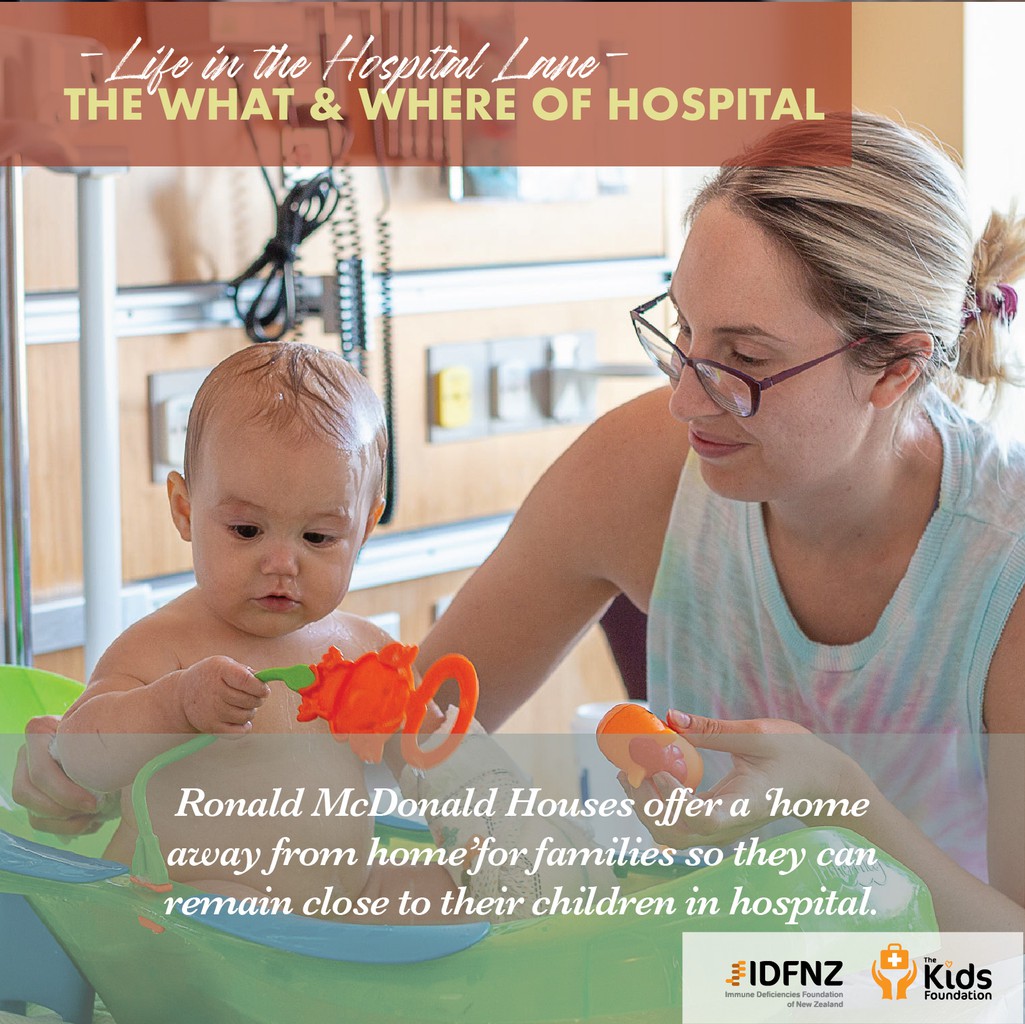
Ronald McDonald Houses offer a "Home away from home" for families so they can remain close to their children in hospital.
What to Expect at Hospital
Each hospital throughout New Zealand has different services they can offer, so speak with staff about what you need in the way of support. Some common ones are the services of a Chaplain, a Kaitiaki, Ronald McDonald Family Rooms and Houses, Social Workers, Parent Kitchens, Common Rooms, Meeting Rooms, and TV Rooms. If your stay is going to be lengthy, get to know your way around so you’re aware of what is available and where it is.
The Paediatric Intensive Care Unit (PICU), is where your child will go if they become too unwell to be on the ward, this is to ensure they can receive one one-on-one care and expertise for the best possible health outcomes. Your child will also go to PICU if they have had surgery for a transplant as they need more intensive monitoring. The Neonatal Intensive Care Unit (NICU) is where premature children go to receive specialist care.
Ronald McDonald Houses or rooms are attached to Paediatric units to provide accommodation for non-local parents of hospitalised children or local parents with children in the Paediatric Intensive Care Unit. They provide a ‘home away from home’ for families so they can remain close to their children in the hospital. There are certain eligibility requirements, and plenty of useful information available on their website: www.rmhc.org.nz
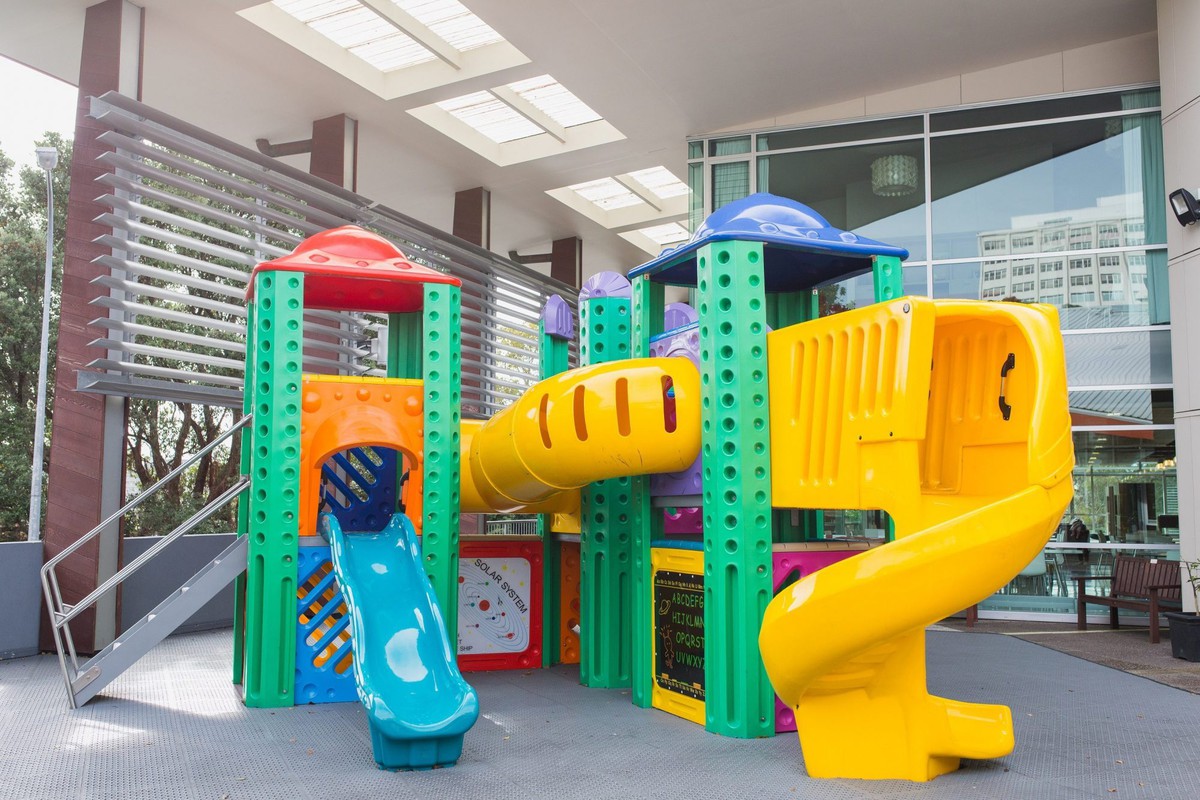
If you or your child's medical care is on a Ward, you will usually stay in an individual room, sometimes with a bed provided for a parent or caregiver to spend the night. Different hospitals and wards will have varying rules about caregivers staying overnight so check in with the staff early about your expectations and what is and isn’t allowed. During your stay you will have what’s called a ‘Ward round’ or ‘Doctor’s round’ - these are your opportunity to meet with the senior doctor to discuss your condition and ongoing care. Also attending can be the registrar, junior doctor(s), nursing coordinator, your nurse, and other support services (as required). Ward rounds, usually happen every morning, but there can be several factors that can interrupt the timing (for example emergency surgeries). Try to be patient, and when you think of things you would like to ask your doctor, write them down ready for when they do make their rounds. During Doctor rounds the discussions can include any of the following:
They will explain what is happening
Assess your symptoms
Listen to your concerns
Discuss any tests that you need to have
Discuss the results of tests you have already had
Talk to you about what is wrong with you (your diagnosis)
Discuss your goals, and options for treatment and agree to a treatment plan with you
Discharge planning including the likely day of your discharge
Discuss what support is available to you within the hospital and when you are discharged
Discuss how to manage your symptoms (including pain and breathlessness)
Discuss your medications
Recommend positive lifestyle changes if necessary
Answer any questions you may have.
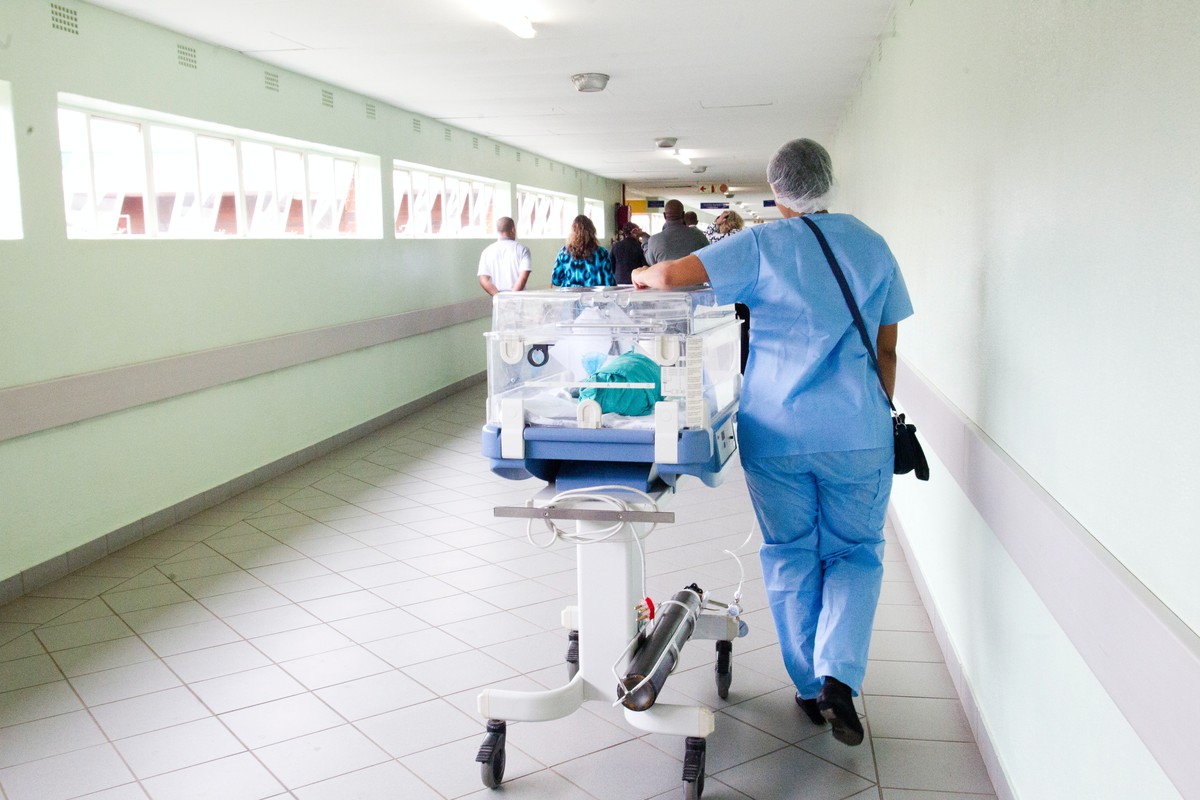
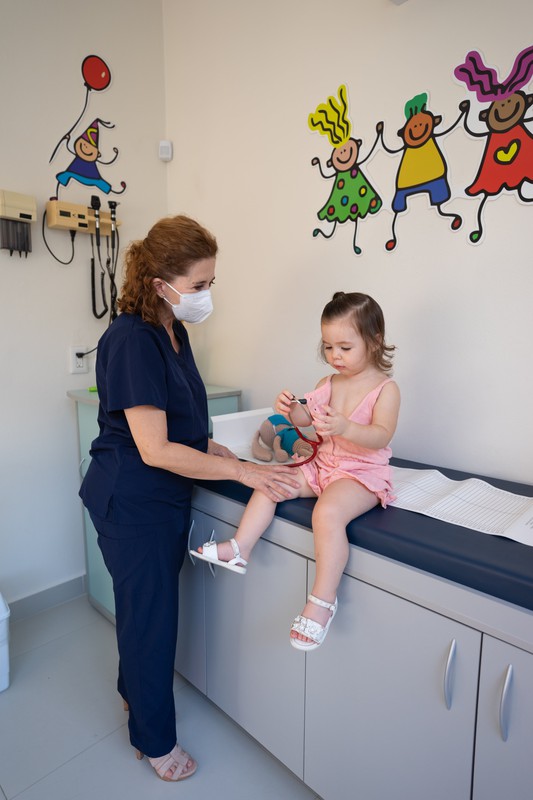
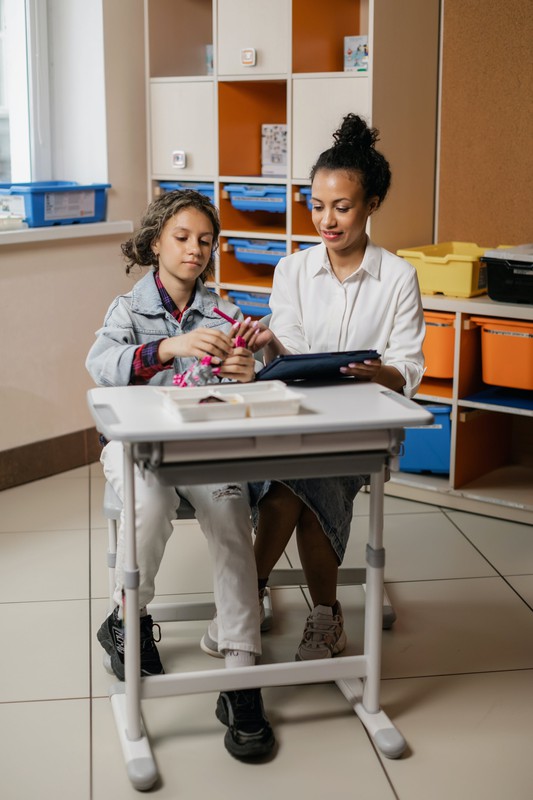
Each day you will receive a menu with meal choices to fill in for the following day. If this isn’t filled in, the staff will choose the meal for you. New Zealand hospitals can cater to dietary requirements such as diabetic, vegetarian, vegan, dairy, and gluten-free. Please speak to your nurse if you need a special diet arranged, or if you need help completing your menu card. Meal times are specific to each ward and hospital but will usually fall between:
Breakfast: 7 to 9 am
Lunch: 12 to 1.30 pm
Dinner: 5 to 6.30 pm.
It’s important to have the support of family, and long hospital days are made bright by a familiar smiling face. Each hospital has different policies around visitors and visiting hours, so please check with staff, or on the hospital website before friends and family come to visit. There can be restrictions about how many people you can have to visit at a time, so plan well so you’re not disappointed. Please don’t visit a hospital if you are unwell or there is illness in your household. Respect for others is always important, be mindful that there are people who might be very unwell, trying to sleep, or in pain. Keep visiting children supervised, don’t bring in dangerous items, be polite, and keep noise to a minimum. It goes without saying that drugs, alcohol, smoking, and vaping are not permitted within hospital walls. Visits can be very rewarding times, but only when there is consideration for other people being cared for in the hospital. If you find it difficult to adhere to any of the visiting rules, or you live some distance from the hospital, consider ‘virtual visits’ online by Facetime or Skype.
Hospitals will generally be able to provide wifi for patients and caregivers, if you‘re unsure how to log in, ask one of the nurses or receptionists. This is incredibly handy for staying in touch with friends and family, watching TV shows or movies, or keeping up with schoolwork/work if you are well enough.
If you and your child are staying on the ward, where possible, coordinate if you have someone looking after the home to take your child's clothing for washing and drying. There are some limited laundry facilities available in some hospitals - ask your ward team for more information.
Most wards provide parent lounges with tea and coffee-making facilities, a fridge, a toaster, and a microwave. These are available 24 hours a day.
Some hospitals offer the service of ‘Hospital Grandparents.’ These people are carefully selected and trained volunteers who can spend time with your child when you aren‘t able to be there. Consult your nurse or ask at the reception desk of your ward to see if this service is available.
In helping to care for their patients, hospitals have rules around photography and taking video recordings. Generally only take photos if the patient or their caregiver says you can. Don’t take pictures, videos, or audio recordings of hospital staff unless they have given permission. You must not take photos or videos of other patients and visitors, this includes general shots of wards, waiting rooms, and areas where other people's privacy is to be respected.
To help your child understand all of these hospital ‘things’ there’s a children’s book called ‘Henry Tours the Hospital’ available through IDFNZ. Henry takes the reader on a journey through the hospital and explains the different rooms and people you might come across. It may help if your child is feeling uneasy or anxious about hospital.
To go to part 3 click here
If you missed part 1 click here
